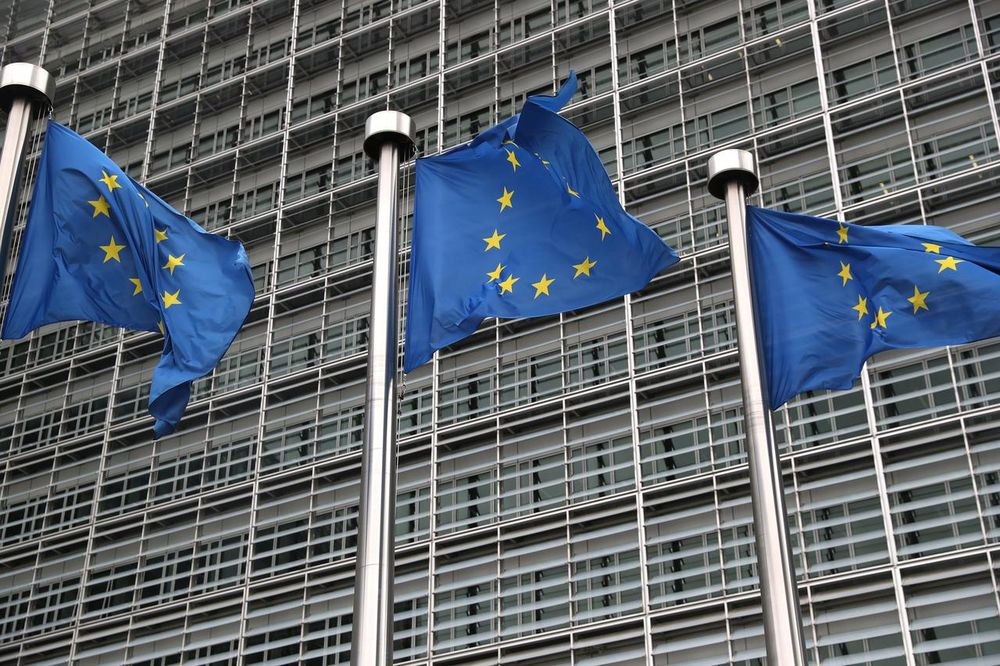BRUSSELS, April 26 — Diplomats from European Union countries will this week discuss making the transport and buildings sectors pay for their CO2 emissions, according to an internal document seen by Reuters.
The EU agreed last week to cut its net greenhouse gas emissions at least 55 per cent by 2030 against 1990 levels — a new target that will require emissions to fall faster in all sectors, from farming to heavy industry.
Now Brussels must design the policies to make the target a reality. For cars and buildings, that looks set to include an emissions trading system (ETS), which forces polluters to buy permits to cover their CO2 emissions.
“This would have to happen gradually, in a manner that does not lead to disruption of these sectors, and does not interfere with the carbon price in the current ETS,” the Commission said of the potential policy, in a document shared with EU diplomats who will discuss it this week.
The EU already uses an ETS to curb emissions from power plants and industry.
The new 2030 target will require an extra 10-percentage-point cut in combined emissions from sectors not currently covered by the ETS, compared with the EU’s previous climate goal, the document said.
Those sectors include transport, buildings and agriculture. The Commission is considering an ETS for the first two while, separately, EU countries are negotiating farming subsidy reforms to help cut agriculture emissions.
The emissions trading plan will be publicly unveiled in a set of EU climate policy proposals due in June. The Commission is drafting the plans but has yet to confirm details, including which parts of the buildings sector would face a carbon price, or whether CO2 costs would apply directly to carmakers or drivers themselves.
The European Commission said it could not comment on leaked documents, or what future policy proposals might include.
The talks this week will help set the stage for a summit on May 25, where EU leaders will discuss plans to deliver their new 2030 climate goal.
Putting transport and buildings into a new, separate ETS could ensure that the new policy does not affect the CO2 price in the current system.
The price of EU carbon permits has soared in recent months, boosted by the EU’s plans to reduce emissions faster, and reached another record high of above 47 euros per tonne of CO2 today. — Reuters






















